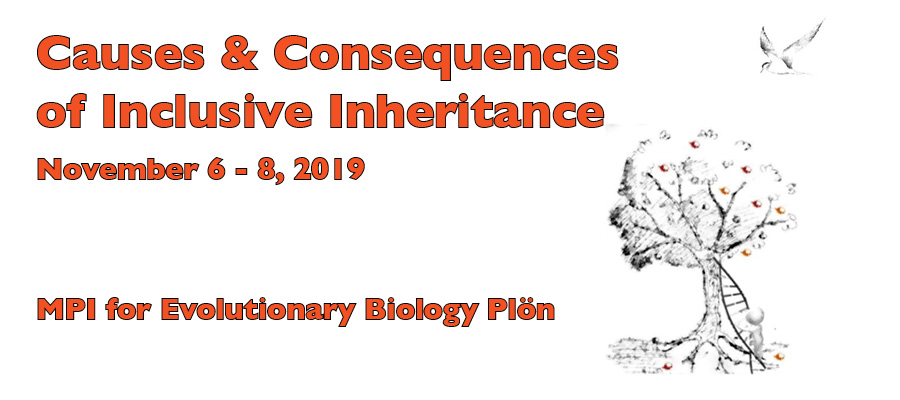Speaker
Description
Phenotypic changes in response to environmental influences can be transferred from one generation to the next with the potential to boosting offspring performance. This also applies to parental parasitic experience that can influence offspring immune responses, a phenomenon known as transgenerational immune priming (TGIP), which is often coupled with a vertical transfer of microbes. While in many systems components of the maternal immune system are directly deposited in the egg, in systems with viviparity, transfer of immunological experience may also occur during pregnancy. In conventional sex role systems, both TGIP and transfer of microbes are thus maternal traits, where influences of transfer via egg and during parental investment are hard to disentangle. However, sex roles are reversed as in the pipefish Syngnathus typhle with its unique male pregnancy, the maternal transfer of immunological and microbial experience via eggs and the paternal immunological contribution during pregnancy can be disentangled. This permits to study and manipulate maternal and paternal transfer separately, addressing how maternal and paternal or biparental parasitic experiences influence the maturation of the offspring immune system.
In a scenario of environmental change, however, TGIP should not be studied in isolation, as several performance-related environmental factors are changing simultaneously. This lowers the predictability of offspring environmental conditions, potentially hampering the benefits of trans-generational plasticity. This evokes the question of how the combination of an abiotic (e.g. parental immunological experience) and a biotic environmental factor plays out as trans-generational effect in the offspring generation. Our data of a dominating abiotic effect over the biotic TGIP effect suggest that the available resources that can be allocated to transgenerational plasticity are limited. This could ask for a reassessment of TGP as short-term option to buffer environmental variation in the light of climate change.

